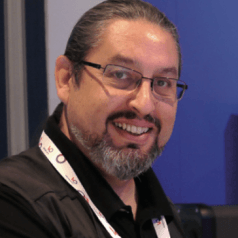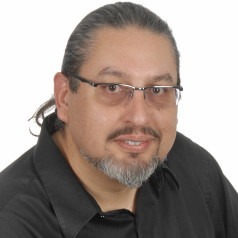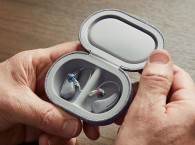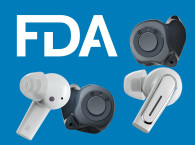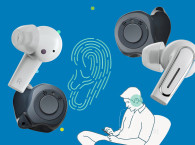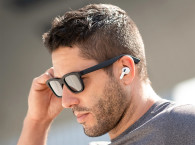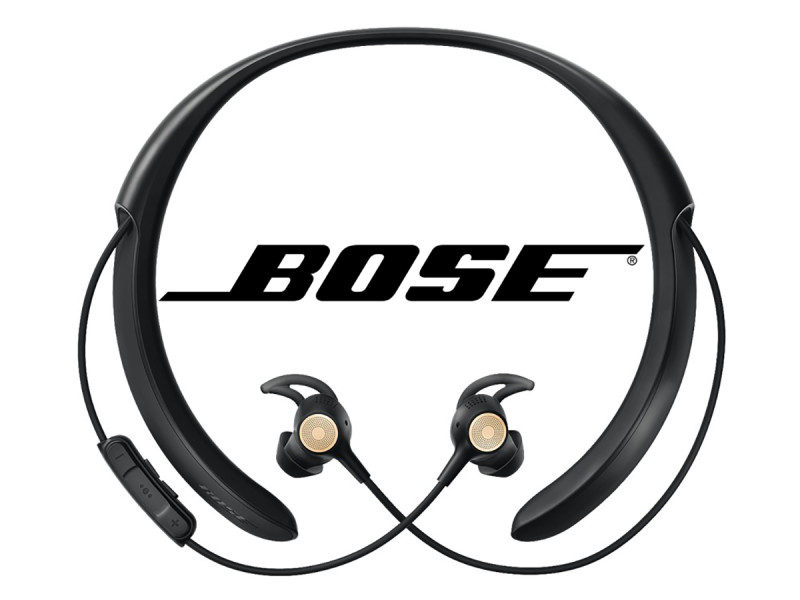
This news makes the "Bose Hearing Aid" the first device on the market sold as a self-fitting hearing aid at a time when over-the-counter (OTC) hearing aid regulations have not yet been finalized. The new OTC hearing aids category are expected to be available for purchase in stores and online without a prescription in August 2020. So, basically, by approving this new "self-fiting hearing aid" product from Bose, the FDA is opening the way for the industry to get ready to tune what are now simply called "personal sound amplification products" or PSAPs, with the personalization tuning features that users will require to use them as "self-fiting hearing aids."
Of course, many products are currently in the market which will fit this description of "self-fiting hearing aids." They simply cannot be sold as such, until the over-the-counter regulation as passed all approval stages, including a public comment period. After the new regulations for OTC hearing aids are published, devices who use the “same fundamental scientific technology as […] hearing aids,” will be “available over-the-counter, without the supervision, prescription, or other order, involvement, or intervention of a licensed person, to consumers through in-person transactions, by mail, or online,” as determined by the FDA.
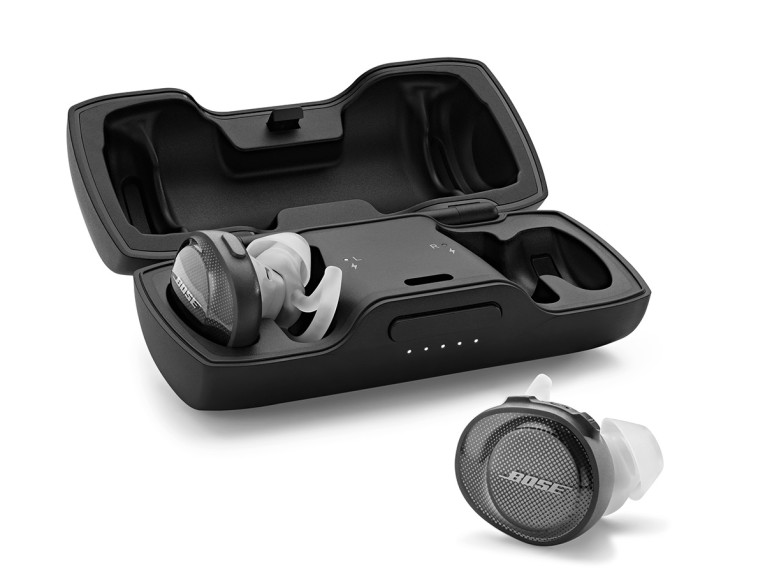
As Malvina Eydelman, M.D., director of the Division of Ophthalmic, and Ear, Nose and Throat Devices at the FDA's Center for Devices and Radiological Health states, “Hearing loss is a significant public health issue, especially as individuals age. Today’s marketing authorization provides certain patients with access to a new hearing aid that provides them with direct control over the fit and functionality of the device. The FDA is committed to ensuring that individuals with hearing loss have options for taking an active role in their health care.”
Approximately 37.5 million adults aged 18 and over report having some trouble hearing without a hearing aid, ranging from “a little trouble” to “deaf.” Hearing loss can be caused by aging, exposure to loud noises, certain medical conditions and other factors. Hearing loss may be permanent or temporary. Individuals with permanent hearing loss can use hearing aids to help them hear the speech and sounds around them better, enabling them to communicate more effectively with others.
The Bose Hearing Aid is a user-fitted wireless air conduction hearing aid. Air conduction hearing aids work by capturing sound vibrations through one or more microphones. The signal is processed, amplified, and played back through an earphone placed in the ear canal. Patients can adjust the hearing aid through a mobile application on their phone. This technology enables users to fit the hearing aid settings themselves, in real-time and in real-world environments without the assistance of a health care professional.

While users may fit, program and control the Bose Hearing Aid on their own, the device must comply with applicable federal and state laws regarding the sale of hearing aids, including state laws that might require hearing aids to be purchased from or dispensed by a licensed hearing aid dispenser. As the new FDA announcement states clearly, "the FDA is in the process of drafting proposed regulations for a new category of over-the-counter hearing aids as required by the FDA Reauthorization Act of 2017."
"In authorizing marketing of the Bose device, the FDA reviewed data from clinical studies of 125 patients, which demonstrated that outcomes with self-fitting of the Bose Hearing Aid are comparable on average to those with professional fitting of the same device with respect to the amount of amplification selected, speech in noise testing and overall benefit. In addition, when participants self-fit the Bose Hearing Aid, they generally preferred those hearing aid settings over the professionally-selected settings. The Bose Hearing Aid has been labeled to inform the consumer when to consult a hearing health care professional," the announcement adds.
The Bose Hearing Aid was reviewed under the FDA’s De Novo premarket review pathway, a regulatory pathway for some low- to moderate-risk devices that are novel and for which there is no prior legally marketed device. More info about the De Novo program is available here.
www.fda.gov | www.bose.com




